Why is Commercial Liability Important?
As a business owner, you know that commercial liability insurance covers you from your own mistakes. Whether the mistake was real or only perceived as a mistake by a customer, liability insurance helps you out when you find yourself in legal hot water. If you’ve struggled to fully grasp just what a liability policy does and does not cover, you’re not alone. Here’s an easy reference that will help you understand the importance of commercial coverage for your business.
What Does Commercial Liability Cover?
Commercial liability covers legal fees, investigatory charges, and potential settlements. It often covers bodily injury or property damage for certain types of accidents, and will even cover copyright violations.
There are plenty of risks in the business world. If an employee sues you for wrongful discrimination, or a competitor accuses you of copying their marketing strategy, you’ll want commercial coverage to help you either settle the claim or fight it in court.
What’s Not Covered with Commercial Liability?
Commercial coverage doesn’t typically include employee injuries, punitive damages, or professional mistakes. Punitive settlements refer to money given to an injured party over and above the face value of their injuries (e.g., settlements given for emotional damages).
Business owners need separate worker’s compensation insurance to cover employee injuries and professional liability to cover professional mistakes. (An example of a professional mistake would be a baker who made two cakes, German Chocolate and Chocolate Peanut Swirl, and then sent the swirl cake to the wrong person, who happened to have a severe peanut allergy.)
How Much Commercial Liability Is Enough?
A single lawsuit could cost you tens- to hundreds of thousands of dollars before it’s ever settled. Liability policies have financial limits that you must remain aware of as your business ebbs and flows.
No matter how hard you work to keep incidents to a minimum, it’s impossible to cut liability risks down to zero. Whether you work on your own or maintain a small business with more than 50 employees, it’s important you seek the counsel of a trusted insurance agent to help you decide how much commercial liability is right for you.





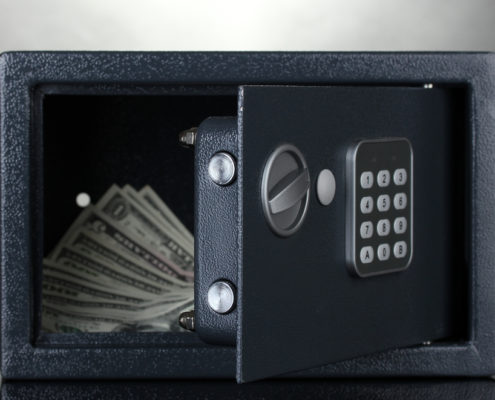




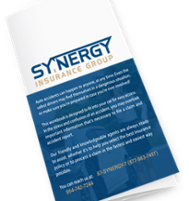
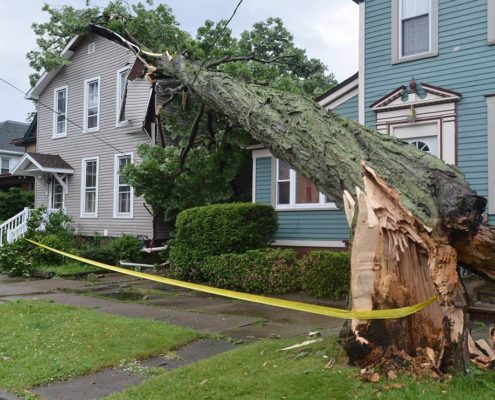

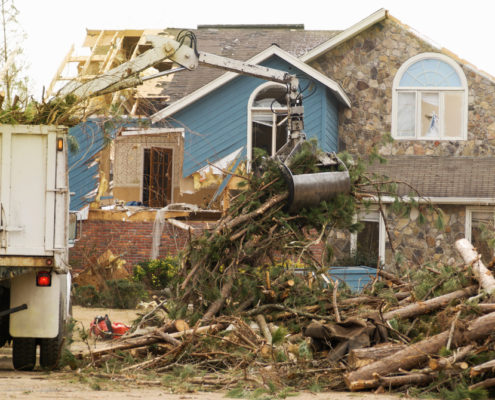

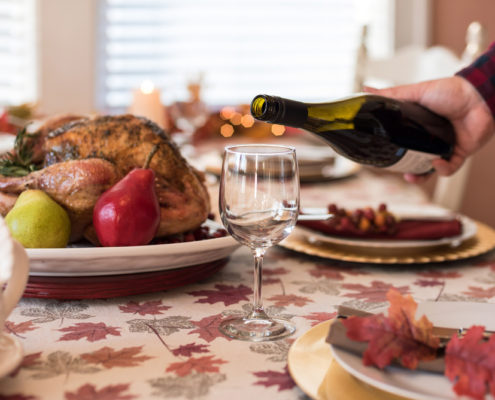


 Synergy Insurance Group knows how crazy the holidays can be, which is why we want to cover business owners in Florida and help ensure a successful holiday shopping season.
Synergy Insurance Group knows how crazy the holidays can be, which is why we want to cover business owners in Florida and help ensure a successful holiday shopping season. 

